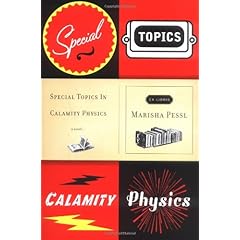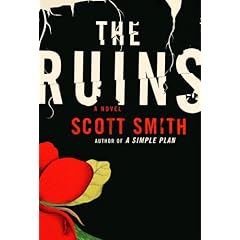 Lou Reed should remaster Legendary Hearts already. Out of print domestically for years, it's the second chapter in the unofficial trilogy he recorded in the early eighties: when he renounced alcohol and transsexual paramours for the straight life. If The Blue Mask's awful Warholian parody of the Transformer album sleeve hinted that his commitment to normality was as much a chimera his 1972's walk-on-the-wild-side, the helmet on Legendary Heart's reminded us that the most unforgettable line on 1982's "Our House" was "I've really got a lucky life/My writing, my motorcycle, and my wife." In that order. *
Lou Reed should remaster Legendary Hearts already. Out of print domestically for years, it's the second chapter in the unofficial trilogy he recorded in the early eighties: when he renounced alcohol and transsexual paramours for the straight life. If The Blue Mask's awful Warholian parody of the Transformer album sleeve hinted that his commitment to normality was as much a chimera his 1972's walk-on-the-wild-side, the helmet on Legendary Heart's reminded us that the most unforgettable line on 1982's "Our House" was "I've really got a lucky life/My writing, my motorcycle, and my wife." In that order. *
Legendary Hearts doesn't sound like any other Reed album. Reed-the-producer mixes Robert Quine's guitar so low that it sounds like someone buried underneath the floorboards scraping with a butter knife (one more fruitful relationship Reed's ego couldn't tolerate). Reed-the-singer is laconic if not silent. The rhythm section shines: Fred Maher stays on the one while Fernando Saunders' magnificent bass moans and burbles with all the yearning that Reed won't permit himself. The songs are about as ruthless a deconstruction of happiness as Reed has ever written (I don't count Berlin's goon-show yuks). Banal arguments interfere with lovemaking on the title track; the arguments are themselves dramatized in "Don't Talk To Me About Work," the album's sprightliest number, as if these days only fighting got Reed off. "Betrayed" is like $60,000 worth of psychotherapy gone awry, and not even Reed escapes:
Three of us lie in this bed
night of infamy
one of us lies on our back
her father's in her head
And quick she turns and slaps my face and with her eyes open wide she screams
I hate you, I hate you, I hate you
but she's looking right past me
The band achieves a luminous parity on "Home of the Brave," in which Quine's guitar summons the aqueous-crystalline quality of the Velvet Underground's "I'm Set Free," Maher imitates a metronome, and Saunders unleashes a wondrous call-and-response bass solo. Recriminations fade in "Rooftop Garden"'s weary denouement. David Fricke, in one of the few contemporary reviews which didn't treat
Legendary Hearts like a skeletal
Blue Mask sequel,
rightly observes that love songs will always provide inspiration (here it's "Up On the Roof") when the legendary love between man and woman fizzles. The 1984 followup
New Sensations (my favorite Reed solo, bar none) took this advice seriously enough to lead with the sort of infectious throwaway that Reed's indentured servitude in Pickwick Records hackdom was supposed to have taught him to churn out by the square foot. The joy of "I Love You, Suzanne" may have a lot more to say, finally, than
Legendary Heart's finely calibrated observations.
*I've been telling friends for years not to waste time with
Transformer and
New York. Go straight to
The Blue Mask (and
New Sensations if you can find it, although on used vinyl it's easy).


 You can tell right away she has pedigree and her idea of hard work is lifting her Norton Anthology from the Louis Quatorze desk. But I ended up liking it all, even when she was scrubbing my face on how smart she was. It's a good gimmicky book. Read it.
You can tell right away she has pedigree and her idea of hard work is lifting her Norton Anthology from the Louis Quatorze desk. But I ended up liking it all, even when she was scrubbing my face on how smart she was. It's a good gimmicky book. Read it. Yes, I know Stephen King did it, and, no, the novel doesn't deliver anything more than very taut thrills, but... well, how often are you thrilled?
Yes, I know Stephen King did it, and, no, the novel doesn't deliver anything more than very taut thrills, but... well, how often are you thrilled?






